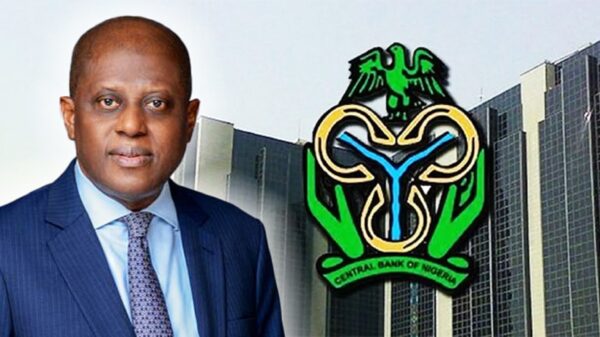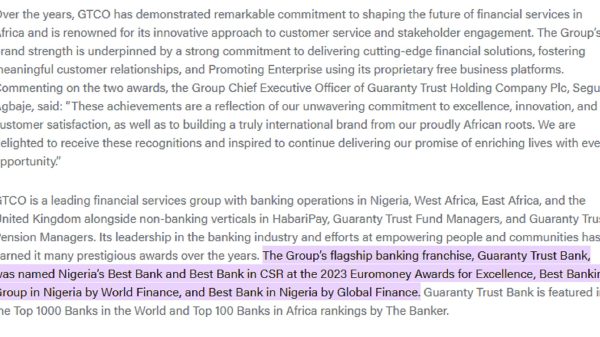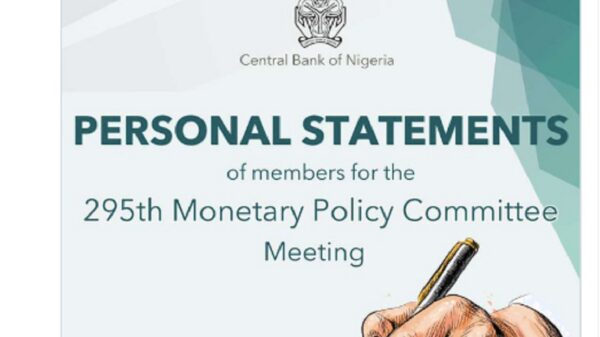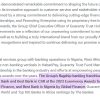The Association of Bureau De Change Operators of Nigeria has expressed its support for the recall of BDC operators into the mainstream Forex Market, citing it as a significant factor contributing to the stability observed in the exchange rate.
This endorsement came through a statement released by the APPCON president, Aminu Guade, over the weekend, in which he commended the Central Bank Governor, Godwin Emefiele, for the decision. Additionally, the Center for the Protection of Private Enterprises (CPPE) also praised the move.
On the other hand, the focus shifts to the recapitalization aspect rather than Forex, as highlighted by Dr. Muda Yusuf, CEO of CPPE. He stressed the importance of minimizing disruptions to the banking system during the implementation of these new requirements. To delve deeper into this matter, we turn to our business analyst, Chika Mbonu, for insights.
Chika Shares Thoughts on CBN’s Capitalization Plans and begins by addressing the fundamental question
Why do banks need capital? Banks inherently engage in risk-taking activities, primarily through lending, which constitutes a significant portion of their operations.
However, with risk comes the potential for losses. Capital serves as a buffer against such losses, safeguarding depositors’ funds and ensuring the bank’s stability.
Moreover, capital enables banks to undertake more transactions and expand their operations. This aligns with the government’s economic empowerment agenda, which aims to grow the economy to $1 trillion by 2030.
While some may question the exclusion of shareholder funds in determining capital adequacy, Chika shares thoughts on CBN’s capitalization plans and the central bank’s prerogative in defining capital requirements, which, in this case, aims to attract new funds into the system.
Looking back at previous recapitalization exercises in Nigeria, Chika acknowledges the chaos and panic they instigated within the banking sector. Hence, the current 24-month timeline provides a more deliberate and structured approach to preventing such disruptions, which is essential for sustaining financial stability and promoting economic growth.
However, concerns arise regarding the timeframe given to banks to develop their recapitalization plans. Chika deems the 30-day period too short, considering the intricacies involved in strategizing and executing such plans. He suggests extending the deadline to 90 days to allow for comprehensive planning and decision-making processes.
Reflecting on the recent successes in stabilizing the exchange rate, Chika emphasizes the role of supply and demand dynamics in determining currency prices. While acknowledging various stakeholders’ contributions, he cautions against attributing success solely to specific actions, likening it to crediting the audience for a player’s goal in a football match.
The recent decrease in exchange rates, albeit commendable, needs to be viewed in context, considering the past volatility and underlying economic factors.
Chika shares thoughts on CBN’s capitalization plans and the importance of consistent policy implementation and proactive measures to sustain the current positive trends. While celebrating achievements, it’s crucial to maintain a pragmatic outlook and address underlying challenges to ensure long-term stability and growth.





















































You must be logged in to post a comment Login